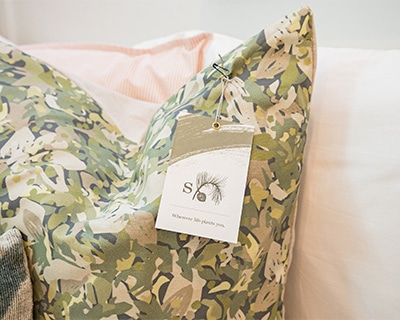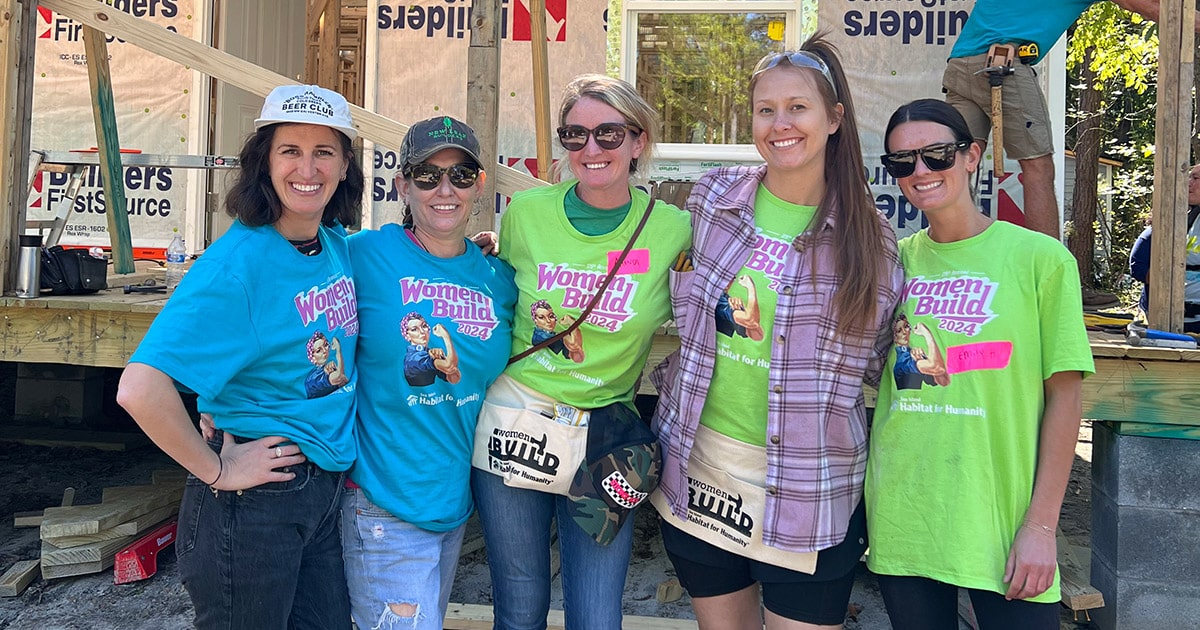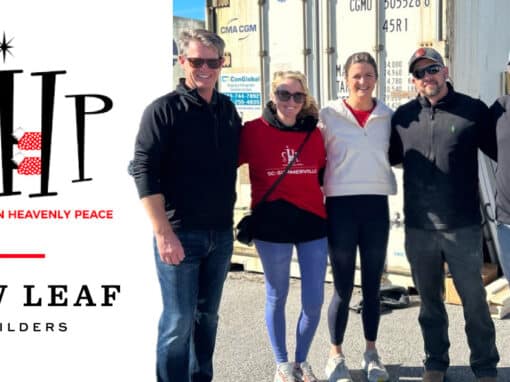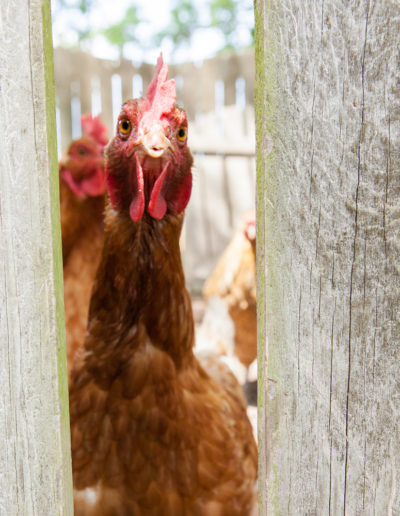With the warmer weather finally here in April, we were delighted for our bees to return! New Leaf Builders is a proud supporter of The Bee Cause here in Charleston, a local organization that serves to educate schools and the general public about bees and their importance to the environment. To date, the Bee Cause Project has provided hives for over 300 schools in 50 states and 4 countries!
We had our friend Tom Knaust of Queen and Comb Apiaries come to install our new bee observatory last week. This bee box is located in our conference room in our Tupelo Bend office on Johns Island, and allows the bees to freely travel out into the community to gather and pollinate, and then back again into the observatory, which home to the hive’s queen.
This is just one part of the wildlife habitat New Leaf created at Tupelo Bend. Because of our conscientious planning, landscaping and sustainable gardening, this office development has been certified as a wildlife habitat by the National Wildlife Federation. Tupelo Bend proudly maintains many bird houses on the property, two water cisterns for landscaping (painted by Patch Whisky!), and utilizes many green building techniques throughout construction.
In our communities, we practice sustainable building features and utilize Low Impact Development techniques like rain gardens and bio retention areas to create our own micro-ecosystems specific to where we build.
The bees had a tough March with almost no rain (plants need consistent soil moisture to be able to produce nectar) and some really drastic and sustained cold snaps. I’m glad to report my first round of this years new queens have been mated and are ready to be installed in your observation hive!
Tom Knaust of Queen and Comb Apiaries
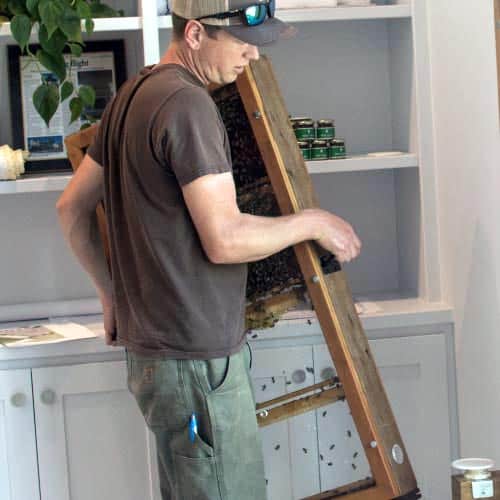
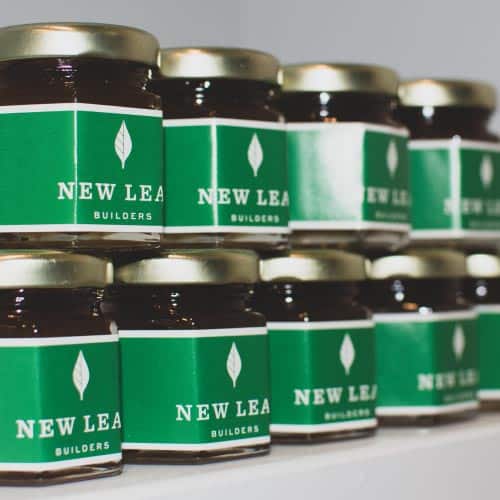
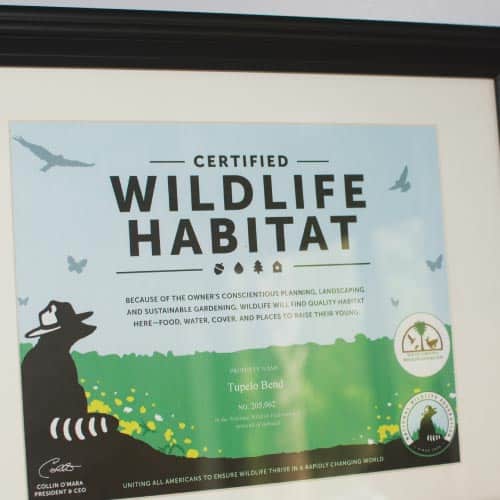
Globally there are more honey bees than other types of pollinating insects, so it is the world’s most important pollinator of food crops.
It is estimated that one third of the food that we consume each day relies on pollination mainly by bees!
Most crops grown for their fruits (including vegetables such as squash, cucumber, tomato and eggplant, nuts, seeds, fiber (such as cotton), and hay (alfalfa grown to feed livestock), require pollination by insects.
Pollination is vital to life on our planet. Bees and other pollinators have thrived for millions of years, ensuring food security and nutrition, and maintaining biodiversity and vibrant ecosystems for plants, humans and the bees themselves.




